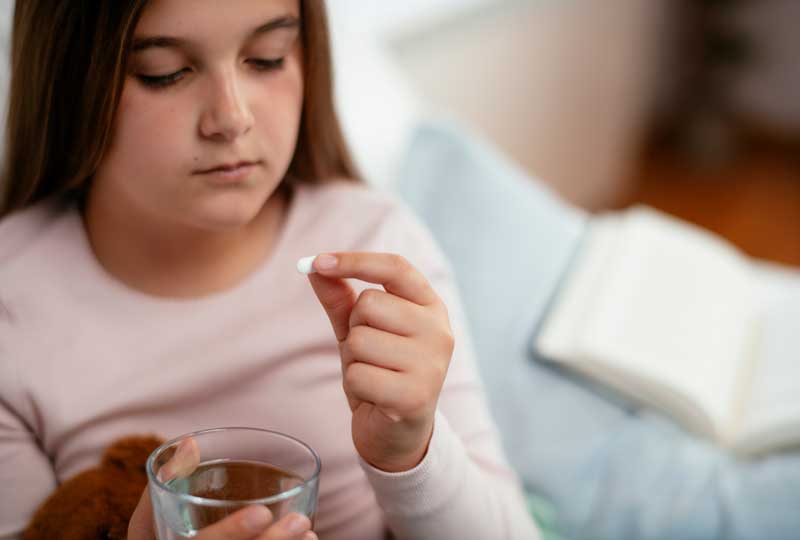If you are the parent of a teenager, there is a good chance that you have been asked about antidepressants. Depression and anxiety are common in teenagers, and antidepressants can be very helpful in treating these conditions. However, it is important to know what you are getting into before you start your child on medication. In this blog post, we will discuss the basics of antidepressants for teens: what they are, how they work, and the potential side effects. We will also talk about some things to keep in mind when deciding to start antidepressants for mental health disorders
Contents
What Are Antidepressants?
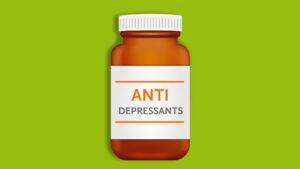
Anti-depressants are a group of drugs used to treat clinical depression. They work by changing the levels of certain chemicals in the brain, which can improve mood and alleviate symptoms. Commonly prescribed antidepressants for teens include selective serotonin reuptake inhibitors (SSRIs), such as Prozac and Zoloft; tricyclic antidepressants (TCAs), such as Elavil; and monoamine oxidase inhibitors (MAOIs), such as Nardil.
While these medications can be effective in treating depression, they also come with a risk of side effects, some of which can be serious. It’s important to weigh the potential benefits and risks of taking antidepressants with your doctor before starting any medication.
Doctors may recommend anti-depressants for teens who are experiencing severe depression that has not responded to other treatment methods, such as therapy. In some cases, antidepressants may be used in combination with other therapies.
Types of Antidepressants for Teens
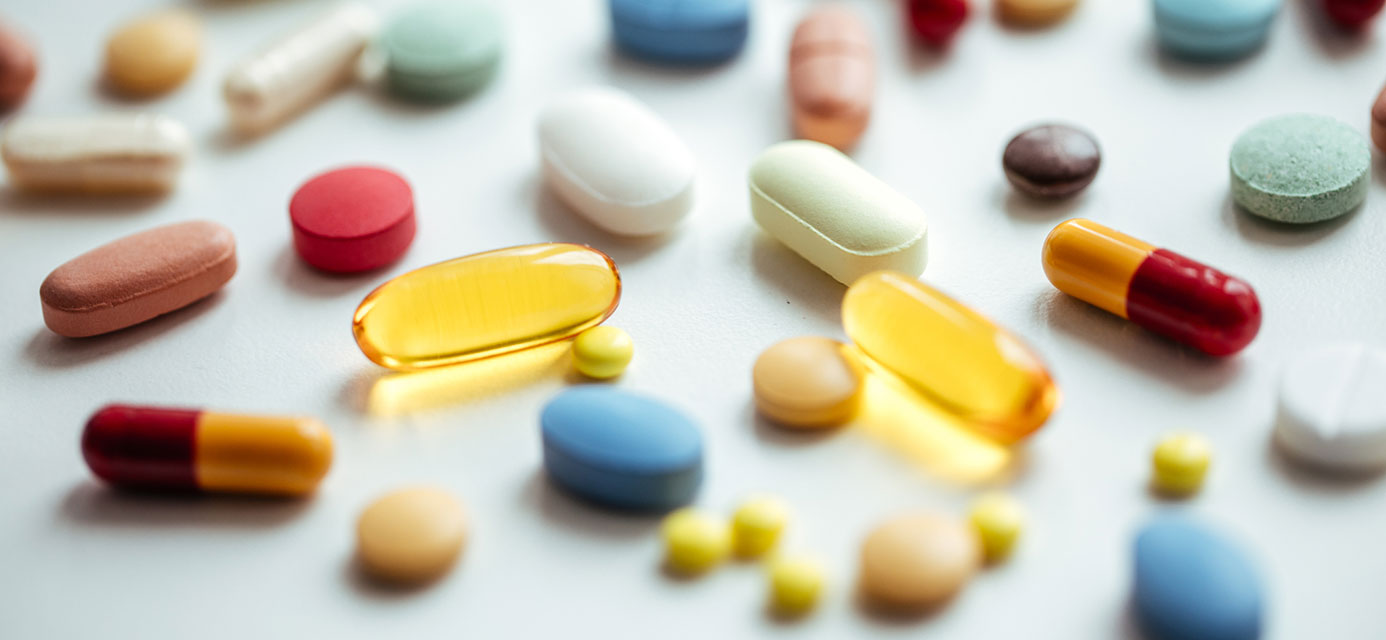
There are many different types of antidepressants available for teens, and it is important to know the differences between them to make the best decision for your child. The most common types of antidepressants are SSRIs, SNRIs, and tricyclic antidepressants.
SSRIs (selective serotonin reuptake inhibitors)
SSRIs are the most commonly prescribed type of antidepressant for teens. They work by increasing levels of serotonin in the brain, which can help to improve mood and alleviate depression symptoms. Common SSRIs include Prozac, Zoloft, and Paxil.
Prozac
Prozac is a medication that is used to treat the major depressive disorder, bulimia nervosa, obsessive-compulsive disorder, panic disorder, and premenstrual dysphoric disorder. It is one of the most commonly prescribed antidepressants for teens. This medicine is also available in a generic form.
Zoloft
Zoloft is one of the most commonly prescribed antidepressants for teenagers. It can be used to treat the major depressive disorder, anxiety disorders, and obsessive-compulsive disorder. Zoloft can take several weeks to start working. The most common side effects include nausea, diarrhea, dry mouth, headache, and fatigue.
Paxil
Another popular antidepressant medication is Paxil. Like Zoloft, it is also in a class of drugs known as SSRIs. Paxil is approved for treating the major depressive disorder and panic disorder in teens. It may be used to treat other conditions as well.
Paxil comes in tablet form and is usually taken once or twice a day. The exact dosage depends on the condition being treated. As with any medication, there is always the potential for side effects. The most common side effects associated with Paxil are headaches, nausea, vomiting, diarrhea, constipation, trouble sleeping, drowsiness, sweating, dry mouth, and changes in appetite or weight. Some of these side effects go away after a person adjusts to the medication use.
Serotonin-norepinephrine reuptake inhibitors (SNRIs)
SNRIs are one of the most commonly prescribed types of antidepressants. They work by increasing levels of both serotonin and norepinephrine in the brain. Serotonin is a chemical that helps regulate mood, while norepinephrine is a chemical that helps with focus and energy. Examples of SNRIs include:
Effexor (venlafaxine)
Effexor is one of the main SNRIs prescribed for teens. It’s been shown to be effective in treating depression, anxiety, and OCD. People use this drug to help with focus, energy levels, and mood swings.
Cymbalta (duloxetine)
Cymbalta is another SNRI that’s commonly prescribed for teens. It’s been shown to be effective in treating depression and anxiety. This drug is also used to help with nerve pain, fibromyalgia, and chronic fatigue syndrome. Sometimes, it’s prescribed for people who have trouble sleeping.
Pristiq (desvenlafaxine)
Pristiq is another SNRI that’s used to treat depression and anxiety. It can also be used to help with hot flashes, menopause symptoms, and chronic pain. This drug is sometimes used as an alternative to Effexor because it has fewer side effects.
Tricyclic Antidepressants
Tricyclic antidepressants are older drugs that are generally not used as first-line treatments for depression. They can be effective, but they also have more side effects than SSRIs. These include dry mouth, weight gain, constipation, urinary retention, and drowsiness. Tricyclics can also be lethal in overdose, so they’re not typically prescribed for people who are at risk for suicide.
The dosage of tricyclic antidepressants is different for everyone, and it may take a few weeks to see the full effects of the drug. These drugs should be taken with food to reduce stomach upset.
Dosage of Antidepressants for Teens
The dosage of antidepressants for teens is typically lower than for adults. Your doctor will start with a low dose and increase it gradually over time until the desired effect is achieved.
Doctors may prefer to prescribe antidepressants to teens in pill form rather than liquid, as it can be difficult to measure liquid doses accurately. It is important to follow your doctor’s instructions when taking antidepressants, as stopping the medication suddenly can cause withdrawal symptoms.
The dosage of antidepressants for teens should be monitored closely by parents and guardians. If you notice any changes in your teen’s behavior, mood, or sleep patterns, be sure to contact their doctor. Antidepressants are generally safe when taken as prescribed. However, like all medications, they come with the risk of side effects.
Working on Antidepressants for Teens
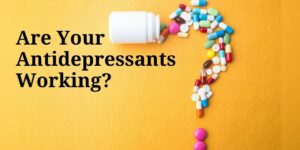
The working of antidepressants is not fully understood. However, it is thought that they work by correcting the chemical imbalance in the brain that causes depression.
These anti-depressants work by inhibiting the reuptake of serotonin in the brain. Serotonin is a neurotransmitter that plays a role in mood, sleep, and appetite. By inhibiting its reuptake, antidepressants allow more serotonin to remain in the space between neurons (synapses), which enhances communication between neurons and helps improve mood. It is important to note that antidepressants are not immediate cure-alls.
It can take up to four to six weeks for them to begin working. And even when they do start working, they will only help lessen the symptoms of depression; they will not eliminate them. If you or your child is considering taking antidepressants, it is important to talk to a doctor about the potential risks and benefits.
Benefits of Antidepressants for Teens
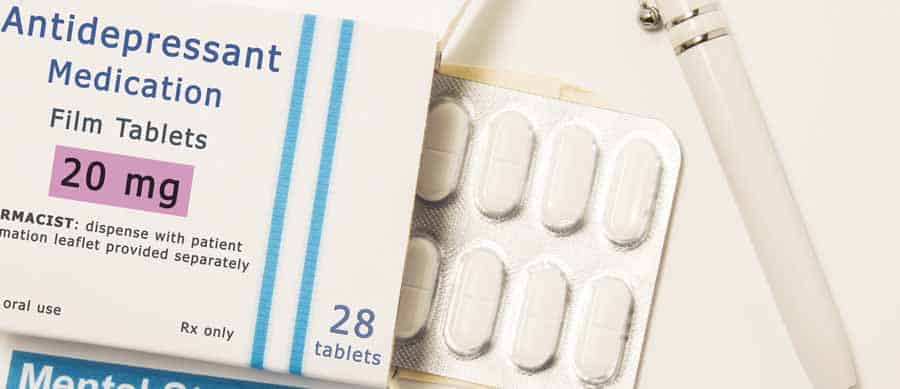
There are many benefits of taking antidepressants for teens. Some of the benefits include:
Reduces Feelings of Sadness
One of the most common benefits of taking antidepressants for teens is that it can help reduce feelings of sadness. For many teens, depression can be a very debilitating experience. Teens may feel hopeless, worthless, and helpless. Taking antidepressants can help to alleviate some of these negative feelings.
Helps With Anxiety
Another common benefit of taking antidepressants for teens is that they can help with anxiety. Many teens suffer from anxiety disorders, which can make everyday activities extremely difficult. Taking antidepressants can help to lessen the symptoms of anxiety and make it easier for teens to cope with day-to-day stressors.
Improves Sleep Patterns
Depression and anxiety often go hand-in-hand with sleep problems. Many depressed individuals have difficulty falling asleep or staying asleep throughout the night. This can lead to fatigue and further feelings of hopelessness. Antidepressants can help to improve sleep patterns, which can in turn improve mood and energy levels.
Boosts Appetite
Loss of appetite is a common symptom of depression. This can lead to weight loss, which can be extremely detrimental for teens. Antidepressants can help to increase appetite, which can help teens maintain a healthy weight.
If you are considering giving your teen antidepressants, it is important to talk to a doctor about the potential risks and benefits. While there are many benefits of taking antidepressants for teens, there are also some risks that need to be considered.
Side-Effects of Antidepressants for Teens
There are many side effects of taking antidepressants, especially for teenagers. The most common side effects include
Weight Gain
One of the most common side effects of taking antidepressants is weight gain. This is because the medication can increase appetite or make people feel more tired, both of which can lead to weight gain.
Sexual Side Effects
Another common side effect of taking antidepressants is sexual side effects. This includes decreased libido, erectile dysfunction, and difficulty orgasm. These side effects can be frustrating and may cause some people to stop taking their medication.
Dry Mouth
Antidepressants can also cause dry mouth, which can be uncomfortable and lead to other oral health problems. Drinking plenty of water and chewing sugar-free gum can help alleviate this side effect.
Headaches
Some people experience headaches when they start taking antidepressants. If this happens, it is important to talk to a doctor about whether the medication is right for you. These headaches also typically go away after a few weeks of taking the medication.
Nausea
Another common side effect of antidepressants is nausea. This may be alleviated by taking the medication with food or by starting on a lower dose and gradually increasing it. If the nausea is severe, it is important to talk to a doctor about whether the medication is right for you.
These are just some of the most common side effects of taking antidepressants. It is important to talk to a doctor about all potential side effects before starting any new medication.
Conclusion
Anti-depressants are not right for everyone, but they may be a good option for some people. If you or your child is considering taking medication for depression, it is important to talk to a doctor or mental health professional about the risks and benefits.
Medication is just one part of treatment, and many other things can help with depression. Furthermore, If you decide to take medication, be sure to follow your doctor’s instructions and watch for side effects.
Hope this article was of help to you! If you are suffering from mental health disorders, you may seek help from Therapy Mantra. We have a team of highly trained and experienced therapists who can provide you with the tools and skills necessary for overcoming mental health disorders. Contact us today to schedule an online therapy or download our free Android or iOS app for more information.
